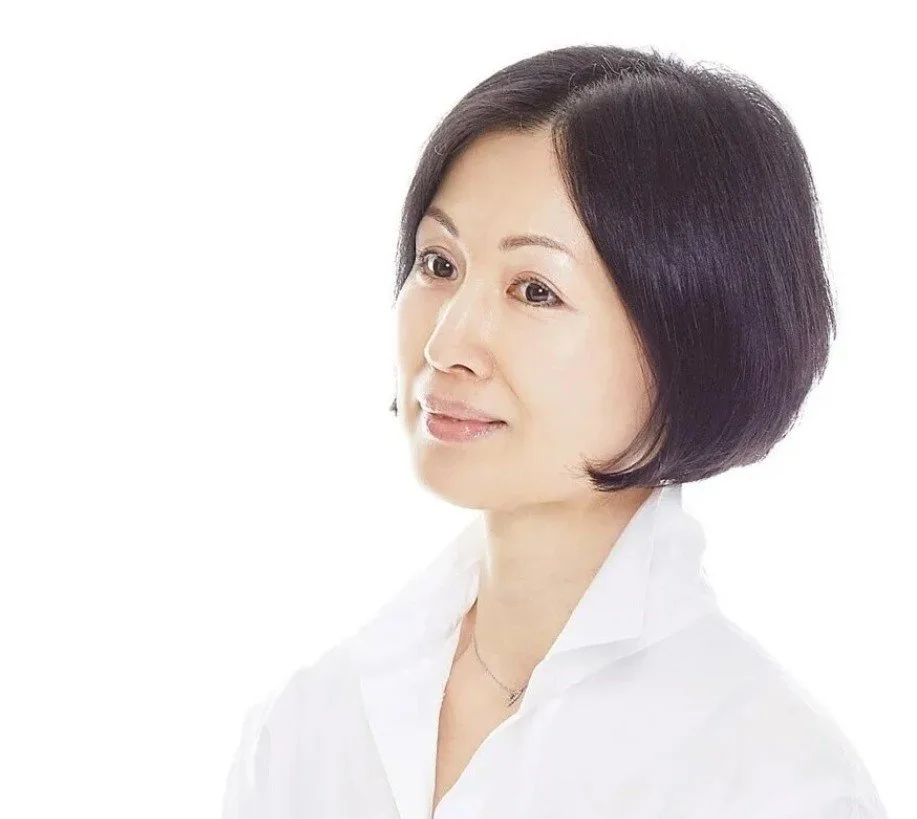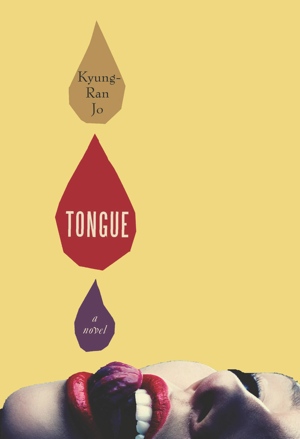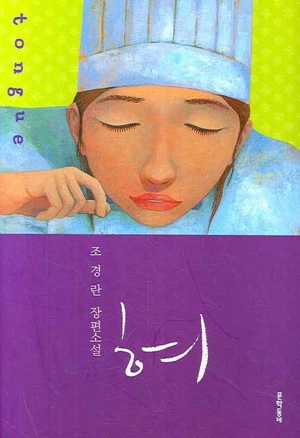Kyung Ran Jo
Books
Blowfish
Publisher: Astra Publishing, Release Date: July 15, 2025, Genre: Fiction / Literary Novel
For readers of Han Kang and Sheila Heti, an atmospheric, melancholic novel about a successful sculptor who decides to commit suicide by artfully preparing and deliberately eating a lethal dish of blowfish.
Blowfish is a postmodern novel in four parts, alternating between the respective stories of a female sculptor and a male architect. Death is the motif connecting these parallel lives. The sculptor’s grandmother killed herself by eating poisonous blowfish in front of her husband and child, while the architect’s elder brother leapt to his death from the fifth floor of an apartment building. Now, both protagonists are contemplating their own suicides. The sculptor and architect cross paths once in Seoul, and meet again in Tokyo, while the sculptor is learning to prepare a fatal serving of blowfish.
The narrative loosely approximates a love story, but this is no romance in the normal sense. For the woman, the man is a pitstop on the road to her own suicide. For the man, the woman forestalls death and offers him a final chance. Through the conflicting impressions they have of one another, the characters look back on their lives; it is only the desire to create art that calls them back from death.
Evoking the heterogeneous urban spaces of Seoul and Tokyo, Blowfish delves into the inner life of a woman contemplating her failures in love and art. Jo’s fierce will to write animates the novel; the lethal taste of blowfish, which one cannot help but eat even though one may die in doing so, approximates the inexorable pains of writing a novel.
Tongue
Winner of the 2008 Donghin Prize. Author of TONGUE, Muhankodogne/Korea, BloomsburyUSA / world English rights, Muelenhoff/Holland, Modan/Israel, Random House/Germany, Piemme/Italy, Wydawnictwo LYNSKI , Commonwealth/Taiwan.
South Korean bestseller Jo makes her English-language debut with a novel focused on elemental experiences, primarily food and sex.
As narrator Jung Ji-won quickly informs us, the plot is anti-romantic. Instead of two characters meeting and falling in love, the story begins with the collapse of a relationship. Ji-won and her long-term architect boyfriend have split, because he has taken up with the lovely Lee Se-yeon, a former model. In an understandable funk, Ji-won closes the cooking school she’d been running out of her home and takes refuge in the sous-chef position she’d formerly had at Nove, an Italian restaurant in Seoul. Her tenure had given her several opportunities to travel to Italy, where she “learned how to pair foie gras with baked apple in Tuscany, how to make gelato in Bologna, and assembled pizza margherita in Napoli.” As Ji-won slowly begins to rehabilitate herself, food becomes her passion, her escape and, ultimately, her revenge. The separation from her lover is a messy one, however. She gets their dog, Paulie, while her boyfriend basks in the sensual delights of Se-yeon. On the other hand, Ji-won makes abundantly clear the sensual connection between food and love: “The person you can eat with is also the person you can have sex with, and the person you can have sex with is the person you can eat with. That’s why dates always start with a meal.” While Ji-won is not pleased with having caught her boyfriend in flagrante delicto, what really puts the icing on the proverbial cake is Se-yeon’s decision to teach cooking classes. Not only is Se-yeon, as Ji-won acidly notes, “the woman who couldn’t differentiate between parsley and mugwort last fall,” she’s giving those classes in the “perfect” kitchen the boyfriend originally designed for Ji-won. But chefs have subtle ways of extracting their pound of flesh. A sumptuous feast.





